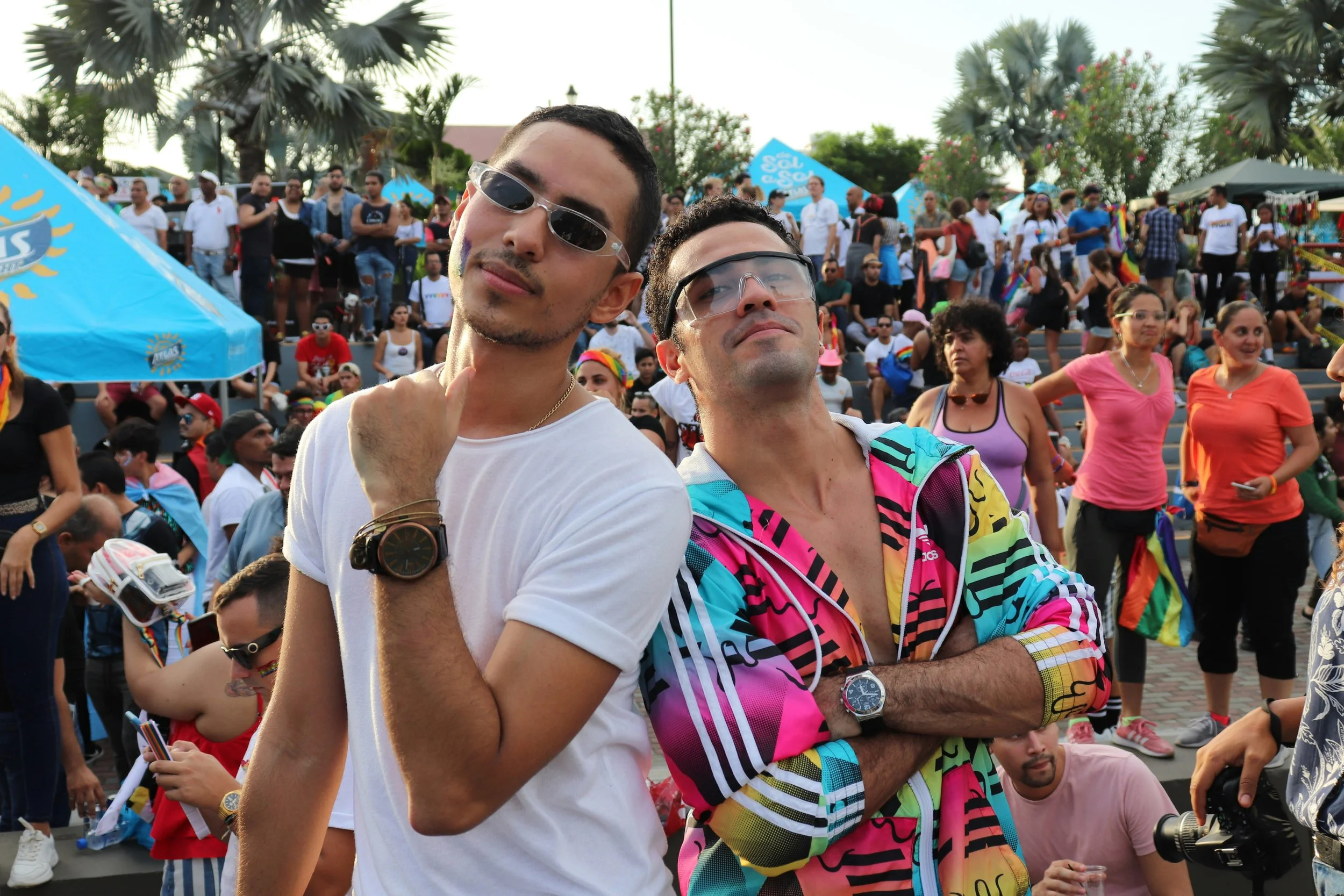
The Companionship Effect: Why Doing Life With People Beats Hustle, Hacks, and Heroics
Most self-help advice is a solo sport: get up earlier, grind harder, optimise smarter. But a huge time-use study shows something simpler—and kinder: almost everything feels better when you don’t do it alone. From co-working to co-errands to low-key “parallel play,” shared rhythms lift mood, make habits stick, and protect mental health (especially for queer folks navigating loneliness or chemsex pressures). This piece swaps lone-wolf optimization for social fitness—tiny, repeatable touch points that make ordinary weeks easier, lighter, and more human.

How to Rebuild Friendship: Small Habits That Stick
I tried to optimise my way out of loneliness; it didn’t work. What has: being kinder to my brain and treating friendship like a practice. This field note blends neuroscience (micro-delights, cognitive appraisal), queer midlife reality, and six repeatable habits that make showing up easier — and connection stick.

When the Bot Becomes Your Best Friend: AI, Validation, and the Risk of Losing the Real Thing
AI can feel safer than people — instant feedback, no judgment. But when a bot becomes our go-to for comfort and advice, our real-world connection muscles atrophy. This piece unpacks the benefits, the risks, and a better way to use AI without losing the human skills that make life work.
